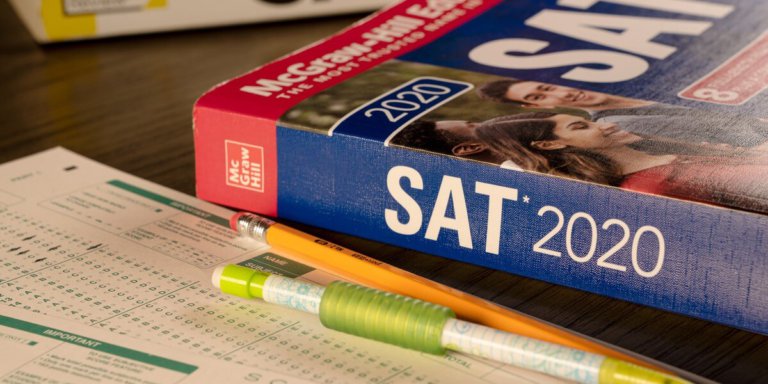
SAT or ACT scores used to be a stringent requirement to enter US universities, but many are doing away with this – moving towards test-optional policies instead.
More and more colleges and universities are announcing that they will no longer require these scores for admission purposes, although students can still submit them.
The main reason for going test-optional is to offer a fairer approach when it comes to considering applicants, as the scores do not accurately reflect a student’s academic background.
University of Missouri-Kansas City (UMKC) is one of these universities who has recently announced they will not look at SAT and ACT scores when considering applicants, after mulling over this decision for some time.
UMKC Chancellor Mauli Agrawal said, “We are doing this because this approach has been shown to be both more reliable in identifying students who can succeed and more fair to all applicants. If applicants have performed well in high school, they do not need to take a standardised test … to be considered for admission to UMKC.”
He said that they want to remove barriers that in the past, have prevented capable and resilient students from accessing higher education. He stressed that this move does not change the university’s academic standards.
According to a 2018 study released by the National Association for College Admission Counseling, “The number of colleges using Test Optional Policies (TOPs) in higher education admissions has dramatically expanded in recent years.
“And these colleges have avoided “one-size-fits-all,” finding varied ways to administer TOPs and experiencing varied outcomes.”
Based on data collected from 28 institutions, the study found that test-optional admission policies can lead to an increase in overall applications, as well as an increase in the representation of racially and ethically underrepresented groups.
Students applying to #IUBloomington for fall 2021 will no longer need to submit their test scores on their applications. Learn more ⬇️https://t.co/nZoIMWM5xc
— Indiana University Bloomington (@IUBloomington) January 23, 2020
According to Forbes, last year’s college admissions cheating scandal played a hand in the widespread adoption of test-optional policies by universities in recent months.
By revealing the role that standardised tests play in the competitive world of admissions, and by “revisiting data that question the added predictive validity provided by such tests compared to student’s high school performance,” it sparked more universities reconsider test-optional policies.
The National Center for Fair and Open Testing (FairTest) reported in September last year, “More than 1,050 accredited, bachelor-degree institutions now will evaluate all or many applicants without regard to test scores.”
FairTest’s Public Education Director Robert Schaeffer said: “The SAT remains a more accurate measure of a test-taker’s family background than of an applicant’s capacity to do college-level work.”
“No wonder nearly 40 percent of all four-year colleges and universities in the country are now test-optional. They recognise that standardised exam requirements undermine diversity without improving educational quality.”
Liked this? Then you’ll love…
What students should know before taking an SAT prep course
Will more US colleges drop the SAT and ACT admission requirement?







